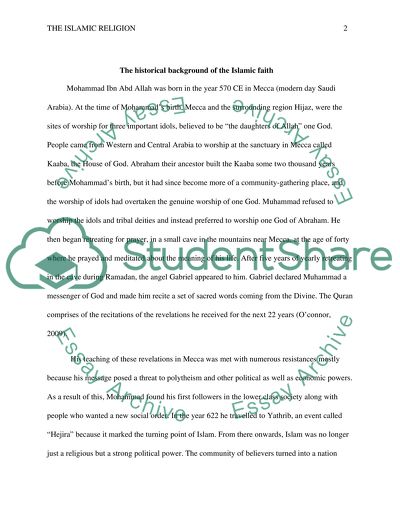Cite this document
(“The Basic Principles of the Islamic Religion: the Words of the Holy Research Paper”, n.d.)
The Basic Principles of the Islamic Religion: the Words of the Holy Research Paper. Retrieved from https://studentshare.org/religion-and-theology/1626134-midterm-essay-pol-233
The Basic Principles of the Islamic Religion: the Words of the Holy Research Paper. Retrieved from https://studentshare.org/religion-and-theology/1626134-midterm-essay-pol-233
(The Basic Principles of the Islamic Religion: The Words of the Holy Research Paper)
The Basic Principles of the Islamic Religion: The Words of the Holy Research Paper. https://studentshare.org/religion-and-theology/1626134-midterm-essay-pol-233.
The Basic Principles of the Islamic Religion: The Words of the Holy Research Paper. https://studentshare.org/religion-and-theology/1626134-midterm-essay-pol-233.
“The Basic Principles of the Islamic Religion: The Words of the Holy Research Paper”, n.d. https://studentshare.org/religion-and-theology/1626134-midterm-essay-pol-233.


